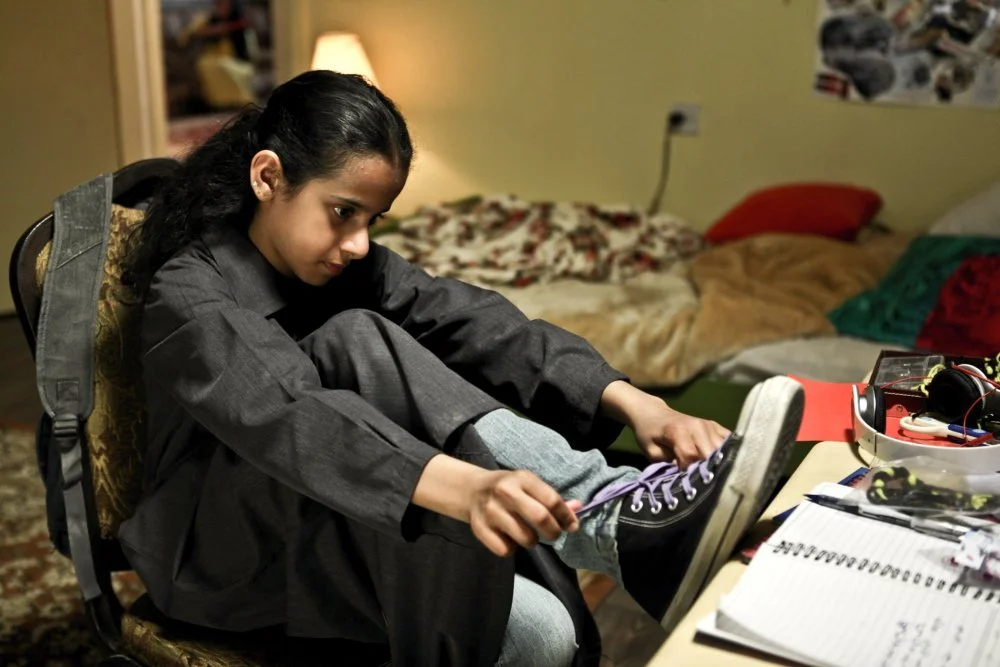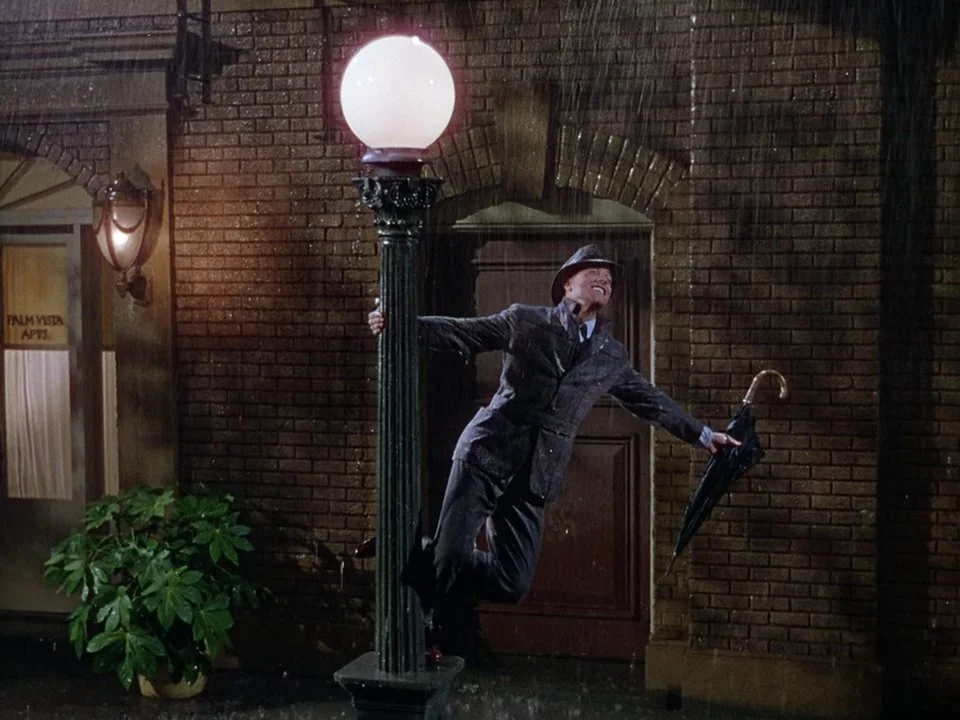Mass Media and Culture Studies
Film Studies
ESA stands on the very soil where Kubrick made 2001 Space Odyssey. Film radically changed the way stories could be told and experienced. We learn from the greats to develop a deep appreciation of film and a love and joy of making new work.
Key Stage 4
Film Studies GCSE
Course Code: Film WJEC C670QS
Specification: Film Studies - Eduqas
About:
Film is an important part of many people's lives. Those who choose to study it characteristically bring with them a huge enthusiasm and excitement for film which constantly motivates them in their studies.
They experience a powerful medium which inspires a range of responses from the emotional to the reflective as they are drawn into characters, their narratives and the issues films raise.
The WJEC Eduqas specification in GCSE Film Studies is designed to draw on learners' enthusiasm for film and introduce them to a wide variety of cinematic experiences through films which have been important in the development of film and film technology.
Careers and Industry Connections:
Students are encouraged to explore a range of cinematic texts through screenings in house and also in central London, with trips to the BFI. The practical side of Film fits incredibly well with our Projects and Enrichment areas of the school. Students are encouraged to develop their own practical skills both in the Component 3 element of the course and outside of the classroom in their spare time. Students have entered in some exciting film making competitions and have produced some outstanding work.
Assessment:
The Film Studies GCSE comprises of three components:
Component 1: Key Developments in US Film
Written examination: 1 hour 30 minutes 35% of qualification.
This component assesses knowledge and understanding of three US films chosen from a range of options. Assessment consists of four questions on one pair of US mainstream films and one US independent film:Section A: US film comparative study • one stepped question on the first of the chosen pair of films (produced between 1930 and 1960) • one stepped question on the second of the chosen pair of films (produced between 1961 and 1990) • one question requiring a comparison of the chosen pair of films.
Section B: Key developments in film and film technology • one multi-part question on developments in film and film technology.
Section C: US independent film • one question on one US independent film.
Component 2: Global Film: Narrative, Representation and Film Style
Written examination: 1 hour 30 minutes 35% of qualification
This component assesses knowledge and understanding of three global films produced outside the US chosen from a range of options. Assessment consists of three questions in three sections:Section A: one stepped question on one global English language film.
Section B: one stepped question on one global non-English language film.
Section C: one stepped question on one contemporary UK film.
Component 3: Production
Non-exam assessment 30% of qualification
This component assesses the ability to apply knowledge and understanding of film to a production and its accompanying evaluative analysis. Learners produce:One genre-based film extract (either from a film or from a screenplay).
One evaluative analysis of the production, where learners analyse and evaluate their production in relation to comparable, professionally-produced films or screenplays.
Key Stage 5
Film Studies A-Level
Course Code: WJEC A670QS
Specification: WJEC EDUCAS A Level: Film Studies AS/A level
About:
Film is one of the main cultural innovations of the 20th century and a major art form of the last hundred years. Those who study it typically bring with them a high degree of enthusiasm and excitement for what is a powerful and culturally significant medium, inspiring a range of responses from emotional to reflective.
Film Studies makes an important contribution to the curriculum, offering the opportunity to investigate how film works both as a medium of representation and as an aesthetic medium.
The WJEC Educas specification is designed to introduce A level learners to a wide variety of films in order to broaden their knowledge and understanding of film and the range of responses films can generate. The purpose of this course is to expose students to a wide variety of films from across different time periods, genres and countries.
Careers and Industry Connections:
A level Film Studies students can go onto study Film, TV or Media at University. The subject works well with other Media based subjects or analytical subjects such as Sociology or English Literature. Some of our students have gone on to study Film at a wide range of institutions included the British Film Institute. With our industry standard equipment and expertise there is no limit to the standard of work that is produced in this area of the department. Students have gone on to work as freelance as filmmakers, gone onto universities such as UAL, UH, Falmouth, London South Bank, London Met, UCA, Arts University Bournemouth.
Assessment:
The course consists of three components:
Component 1: varieties of film and film making Students will study:
Section A: Hollywood 1930 – 1990
Section B: American Film since 2005
Section C: British Film since 1995
Component 2: global filmmaking perspectives
Section A: Global film – students will study two films, on European and one global, and then compare these.
Section B: Documentary film – students will explore the documentary Amy
Section C: Film movements – silent cinema – students will explore and analyse the film Keaton Shorts
Section D: Film movements – experimental film – students will explore and analyse the film Pulp Fiction.
Component 3: Production – students will create either a short film or a screenplay. Students will then write an evaluation of their creation.




